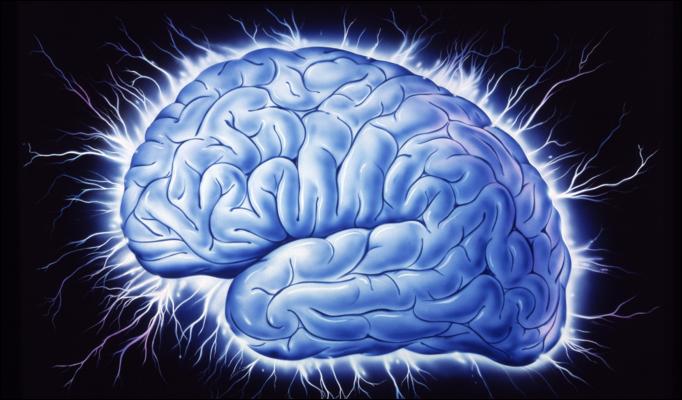Faulty gene and having parents suffering from Alzheimer's increase risk of memory problems in middle age
 Recent research revealed that children of parents with Alzheimer's having a faulty gene are more prone to risk of memory loss in middle age.
Recent research revealed that children of parents with Alzheimer's having a faulty gene are more prone to risk of memory loss in middle age.
Research team analyzed data collected from a group of 715 people with an average age of 59, including 282 who had one or both parents with diagnosed dementia.
Findings indicated that this result in people with parents who have Alzheimer's disease is equivalent to about 15 years of brain ageing.
Lead researcher, Dr Stephanie Debette, from the University of Boston in the US said that the effect was largely limited to those who have the ApoEe4 gene, which supports the idea that the gene is probably at least partially responsible for the transmission of Alzheimer's disease risk between generations.
Dr Debette said: "However, all of these individuals were functioning normally, and only further testing can determine whether the poorer performance on memory testing in middle age would lead to an increased risk of developing Alzheimer's disease or other dementia later in life."
Professor Clive Ballard, director of research at the Alzheimer's Society, said that much more research is needed to unpick the complex relationship between ApoEe4 gene, a person's memory in middle life and their family history of dementia.